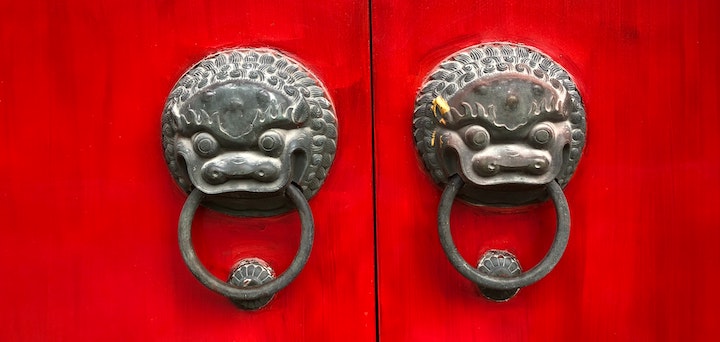
Sponsored article: Frank Ding looks at the pros and cons of a “buy and forget” approach to investment in China
Robert Kirby, the veteran investment guru from Capital Group, first introduced the idea of a “coffee can portfolio” in the Journal of Portfolio Management in 1984.
CCP refers to a “buy and forget” approach of investing in shares of consistently performing companies and holding them for at least a decade or longer. The story behind the CCP traces its roots back to the time of American Old West when people would secure their valuables by putting them in a coffee can. The coffee can was then placed under their mattress for safe-keeping, where it stayed for years or decades.
Kirby’s story highlighted how one of his clients did better than his own portfolio by secretly using all of Kirby’s buy recommendations but ignoring his sell recommendations. This client would put around $5,000 into each stock that Kirby bought, and then put the stock certificate in the “coffee can” and never touched it again.
16 November 2021
London Stock Exchange or ONLINE
Room 151’s LGPS Investment Forum
Our annual gathering of administering authorities of the LGPS, their investment pools and advisers.
Qualifying local government investment officers can register here.
Upon his death, his wife asked Kirby to evaluate the portfolio and he found that while some holdings in the can were worth less than $2,000, several were worth over $100,000, and one jumbo stock (Xerox) was worth over $800,000 (160x on a $5,000 initial investment)!
Key Takeaways
The CCP approach was designed to help you think about what will become of the companies in five to ten years, as opposed to next year or the year after, which is the time frame for most investors.
- You make fewer decisions. Higher effort and activity do not necessarily lead to good results in the investment world. Focusing only on fewer buy decisions, you remove the obsession of trading, likely reducing investment mistakes. For long-term investors, doing less can leave them with more.
- CCP can reduce transaction costs substantially. It is important to not churn the portfolio. Kirby’s primary thesis said that investors lose a lot of money in transaction costs.
“Professional money management today is sophisticated trading, rather than investment. We leave a major piece of the total investment return on the table in the form of transaction costs”, said Kirby. - Select great companies and ride on winners generating multi-bagger returns. Buying and holding a poor-quality stock for long-term can certainly lead to wealth destruction.
CCP approach incentivises us to think about companies with a durable business model that are likely to maintain their strong competitive position, sustain greater earning power and thus generate much greater value. We believe filling up the coffee can with these quality companies will generate outsized returns in five to ten years’ time.
Do CCP principles work in China investment?
Yes and no.
No, if you were an early China investor. The first twenty years of reform (1978-2000) created few long-term investment opportunities. Very few companies available to investors during this period had generated large multi-year investment returns.
Yes, if you have invested since 2000 after China joined the WTO and the economic reform program made major progresses. Over the past 20 years, the reforms have nurtured a large number of great Chinese companies mostly from the private sector. They have demonstrated they can survive, thrive and grow their businesses in difficult conditions.
Companies that are able to adapt and grow in tough time of crisis often emerge as industry leaders that become great long-term investments.
Nevertheless, China’s markets are still developing and that CCP investment will have certain Chinese characteristics:
- China’s economy is still in transition. There are many policies and systemic risks which may disrupt industries and pose threats to individual companies.
- China’s economy grows three times faster than the developed economies. A superior investment return can be achieved faster than the decade-plus CCP from developed economies.
- China equities have a higher volatility and therefore active management, particularly on managing policy and systemic market risks, is still needed.
China, akin to other emerging markets, often sees volatility amplified given its less efficient and retail trading driven market.
However, as China now makes up nearly 20% of the world GDP growth and growing at least three times faster than the rest of the world, any short-term market rout/volatility would prove to be an excellent time for investment especially for long-term investors.
Frank Ding is chief investment officer at FountainCap Research & Investment (Hong Kong) Co., LTD.
Photo by Kayla Kozlowski on Unsplash
—————
FREE monthly newsletters
Subscribe to Room151 Newsletters
Room151 Linkedin Community
Join here
Monthly Online Treasury Briefing
Sign up here with a .gov.uk email address
Room151 Webinars
Visit the Room151 channel












